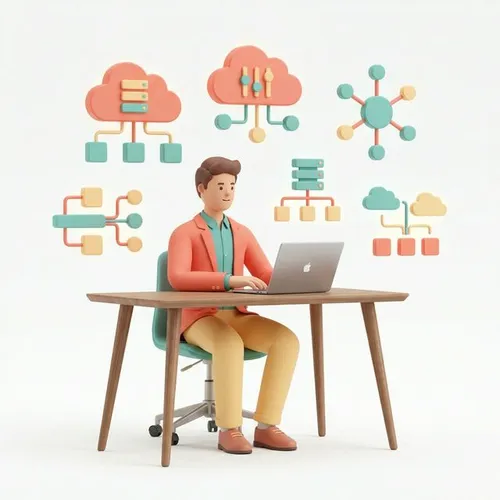I blog about business, technology and personal development.
Thoughts on enterprise architecture, cloud-native systems, and technology leadership from an architect with 10+ years in financial services across APAC.

Thoughts on enterprise architecture, cloud-native systems, and technology leadership from an architect with 10+ years in financial services across APAC.
